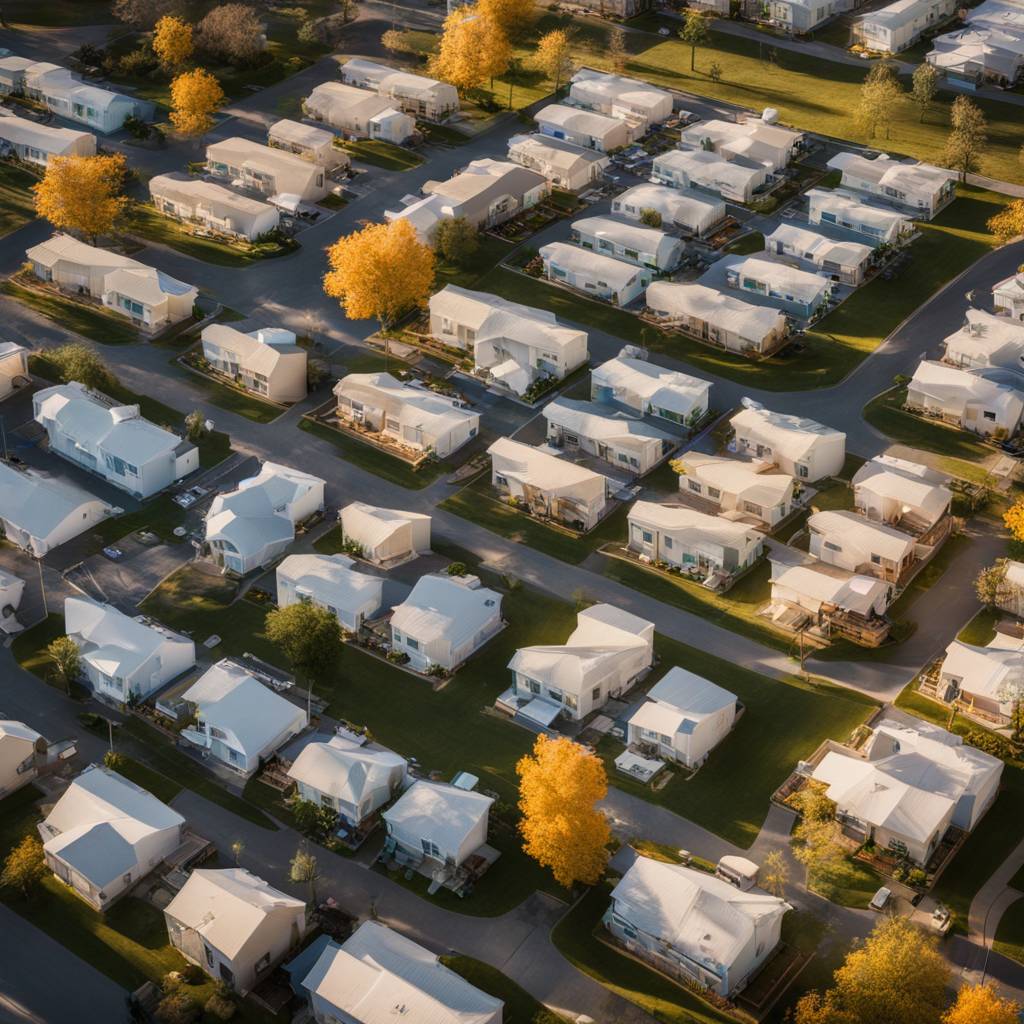The Chief Executive Officer at Keel Team Mobile Home Park Investments, who oversees the company’s acquisitions and investor relations, highlights the challenges facing new mobile home park developments in meeting the growing demand for affordable housing. NIMBY pushback, financial constraints, and utility access challenges are identified as key factors contributing to the stagnation of new mobile home park developments. The phenomenon of NIMBYism, where local property owners oppose the establishment of mobile home parks in their neighborhoods due to fears of property value depreciation, exacerbates these challenges. Despite the urgent need for affordable housing, these concerns often hinder efforts to develop new mobile home parks.
Financial headwinds also pose obstacles to new mobile home park developments, with municipalities facing difficulties in supporting low-income tenants residing in these parks. The minimal property tax revenue generated from mobile home parks compared to other developments like single-family subdivisions or apartment complexes often creates a financial burden for local governments. Additionally, the cost of providing essential services such as access to public schools for children living in mobile home parks can exceed the tax revenue generated, discouraging municipalities from facilitating new developments.
Access to public utilities such as water and sewer presents further challenges for new mobile home park developments, with public utility lines typically located in densely populated urban areas. Establishing mobile home parks in proximity to these utility lines can be difficult. Furthermore, the installation and maintenance of private utility systems like well water and wastewater treatment plants entail substantial upfront costs and ongoing expenses, making them less desirable for mobile home park operators. These challenges can impede the development of new mobile home parks.
Despite these hurdles, some developers have found areas like Texas to be more mobile home park development-friendly, with supportive zoning in place for building new communities. Overcoming NIMBY pushback may be less challenging if new developments are marketed as “luxury” and “lifestyle” oriented rather than solely focusing on affordable housing. Acquiring existing mobile home parks can also present opportunities for contrarian investors to preserve much-needed affordable housing units while potentially investing in a market with restrictions on new supply.
While overcoming challenges such as NIMBY pushback, the trailer park stigma, and utility access may be daunting, the CEO emphasizes the importance of mobile home parks in addressing the affordable housing crisis. By investing in and revitalizing existing mobile home parks, investors can add value for both residents and owners while contributing to the preservation of affordable housing units. The Forbes Business Council, as a premier growth and networking organization for business owners and leaders, may offer opportunities for those looking to qualify and expand their professional network.


